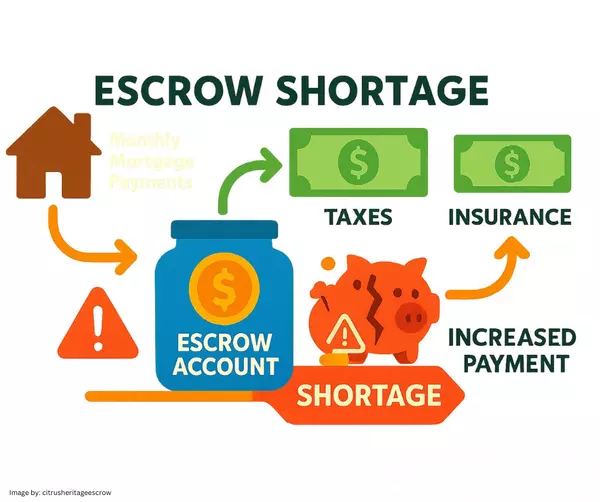
Invertir en Bienes Raíces en Florida: Una Estrategia Inteligente para Proteger y Hacer Crecer tu Patrimonio
Florida se ha consolidado como uno de los mercados más atractivos para invertir en bienes raíces en Estados Unidos, especialmente para quienes buscan estabilidad económica, seguridad jurídica y rentabilidad en dólares. Seguridad Jurídica y Transparencia El mercado inmobiliario estadounidense se

Living in Santiago, Chile: Real Estate, Cost of Living & Relocation Guide for Expats and Retirees
Santiago, Chile’s capital and largest city, has become one of the hot relocation and real estate destinations in South America for Americans, retirees, and international investors. With a stable economy, modern infrastructure, and a high quality of life, Santiago offers many of the conveniences

Retiring in Chile: A Top International Retirement Destination for Americans
As more Americans explore international retirement options, Chile is emerging as one of the best places to retire abroad. With its political stability, modern infrastructure, high-quality healthcare, and diverse climates, Chile offers retirees an attractive alternative to traditional retirement

Why Buyers Are Considering Real Estate in Mexico
Mexico keeps drawing buyers... retirees, remote workers, investors and second-home seekers and for a few good reasons. 1) Value and lower cost of ownershipMany buyers are drawn to Mexico because the total cost of owning and maintaining a home is often lower than in the U.S. or Canada: lower propert
Categories
Recent Posts










![window.gtranslateSettings = {"default_language":"en","native_language_names":true,"detect_browser_language":true,"languages":["en","es","it"],"wrapper_selector":".gtranslate_wrapper","flag_size":16,"horizontal_position":"right","vertical_position":"top","flag_style":"3d","alt_flags":{"en":"usa"}}](https://cdn.lofty.com/image/fs/508869918698733/website/79304/cmsbuild/h200_2025926_ca09e307b20343ef-png.webp)